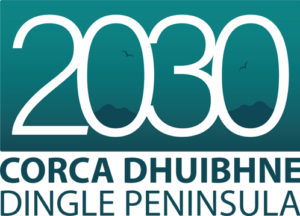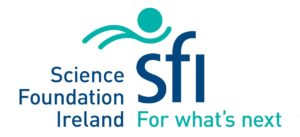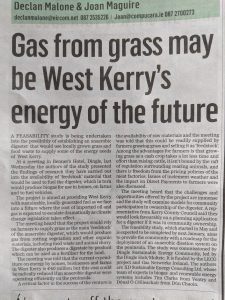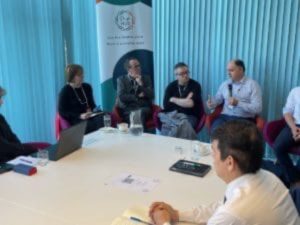Biogas – A renewable fuel for the sustainability energy transition of the Dingle Peninsula?
The Dingle Sustainable Energy Community, led by the Dingle Hub/Molteic, has commissioned a feasibility study on the Development of Anaerobic Digestion in the Dingle Peninsula with the aim to become a leader in the development of the rural bio-economy in Ireland. The study, funded by the LECO project and Gas Network Ireland, is undertaken by XD Sustainable Energy Consulting Ltd with a team of experts in biogas system design and engineering, advanced renewable energy systems and spatial planning.
Anaerobic digestion breaks down biodegradable materials in the absence of oxygen to produce biogas, a renewable fuel which can be utilised to produce heat, electricity and for transport. Anaerobic digestion is used worldwide in domestic, agricultural, municipal and industrial applications. Our objective is to investigate the potential for biogas production on the peninsula to contribute to meeting the community’s energy needs in an affordable, secure and sustainable manner. The study will apply circular economy thinking, considering organic wastes as a valuable resource which when combined with agricultural by-products and feedstocks, can be turned into a high quality fuel – enabling new economic opportunities locally.
The study started in May 2019 with a comprehensive assessment of the biomass resource available in the peninsula to determine their practical potential for biogas, their spatial distribution and cost. This will provide a firm basis to engage with key stakeholders with a view to define a vision for anaerobic digestion in the framework of Dingle’s transition to sustainable energy and to identify the core principles which should govern its development. The next step will be to investigate and compare suitable technical biogas pathways, from feedstock to energy end-use, considering their environmental, social and economic impacts. This will lead to conducting the preliminary design and a lifecycle cost analysis of anaerobic digestion projects deemed as being most beneficial. In addition, a multi-criteria spatial analysis will be undertaken to identify optimal locations for anaerobic digestion plants.
The feasibility study, planned for completion by January 2020, will also recommend business and financing models appropriate for community participation, in consultation with key stakeholders. It will provide the community with a roadmap for the deployment of anaerobic digestion systems on the Peninsula and guide the next steps for project development.
Kerryman Article – 11th July 2019




